Former Bangladesh Prime Minister Sheikh Hasina was sentenced to death in absentia on November 17, 2025, by the country’s International Crimes Tribunal (ICT). The tribunal found her guilty of crimes against humanity for her role in a deadly crackdown on student-led protests in July and August 2024, which led to her government’s fall.
However, there is significant controversy over whether Sheikh Hasina received a fair trial. She and her supporters claim the trial was a “farce”, “rigged”, and politically motivated. Hasina, who has been living in exile in India, defied court orders to return to Bangladesh. She said that she would only face her accusers in a “proper tribunal”. Hasina has defied the ICT’s ruling—a domestic war crimes tribunal in Bangladesh—claiming that the decision, related to the student-led protests, was “biased and politically motivated”. She acknowledged the government had lost control of the situation at the time but maintained that the unrest did not amount to a “premeditated” assault on civilians.
Sheikh Hasina’s Awami League party, which has been banned from the upcoming elections, described the tribunal as a “kangaroo court” used for political vengeance by opponents in the current interim government led by Muhammad Yunus. Sheikh Hasina’s lawyers submitted an appeal to the United Nations Special Rapporteur on extrajudicial, summary or arbitrary executions, citing “serious concerns about the lack of fair trial rights and due process”. Thus, the fairness of the trial is highly contested, with her supporters and international observers highlighting significant concerns.
Bangladesh has formally requested India to extradite Sheikh Hasina after she was sentenced to death for crimes against humanity by the special tribunal. India has acknowledged the request but has not yet commented on whether it will agree to the extradition. India has said that, as a close neighbour, it remained committed to the ‘best interests of the people of Bangladesh’ and would continue to engage ‘constructively’ with ‘all stakeholders’ towards that end. India faces a significant diplomatic challenge and is expected to handle the situation by prioritising its strategic interests rather than immediately complying with Bangladesh’s extradition request.
India’s Ministry of External Affairs has said that officials will examine the legal grounds. Article 6 of the India-Bangladesh extradition treaty states that extradition may be refused if the offence is considered to be of a “political character”. Hasina and her party have called the charges “biased and politically motivated”. Article 8 allows for refusal if the requested state believes the accusation was not made in “good faith in the interests of justice” or if an extradition would be “unjust or oppressive”.
Quick Reads
View AllThere are significant concerns among observers about the fairness of the trial process in Bangladesh. India can argue that the case falls under these exceptions, despite the charges of murder and genocide. India may prefer to delay a final decision until the political situation in Bangladesh stabilises, buying time to navigate the complex diplomatic landscape.
Any extradition request would have to be processed through the Indian legal system, where Hasina could challenge the move in court, a process that would likely be lengthy. Ultimately, an extradition is seen as highly improbable, as New Delhi is expected to prioritise its legal and diplomatic autonomy over complying with a politically sensitive request. India could refuse to extradite the former Bangladesh Prime Minister Sheikh Hasina due to legal complexities, political considerations, and human rights concerns.
The final decision will depend more on geopolitical considerations than solely on legal obligations. Sheikh Hasina is important to India because she was a consistent and crucial ally for regional security and strategic interests during her long tenure as Bangladesh’s Prime Minister. Under Hasina’s rule, the Bangladeshi government launched a nationwide crackdown on anti-India insurgent groups and terrorist outfits that previously used safe havens in Bangladesh to operate in India’s northeastern states. This robust security cooperation was a major strategic benefit for India.
Hasina’s government maintained a strong, pro-India stance, in contrast to the more Pakistan-aligned and often anti-India posture of the rival Bangladesh Nationalist Party (BNP). She fostered a conducive environment for resolving long-standing bilateral issues. Her administration facilitated significant improvements in connectivity, including re-establishing road and rail links that had been severed after 1947. This boosted trade and transit opportunities, including allowing India to ferry goods to its landlocked Northeast region using Bangladeshi territory.
The two countries signed the historic 2015 Land Boundary Agreement and resolved their maritime boundary dispute during her time in office, which stabilised the border and eased tensions. India viewed Hasina as a key partner in regional geopolitics, especially in the context of great power rivalry (eg, US-China competition) in South Asia. Her tilt towards India provided a counterbalance to other influences in the region. India’s decision to shelter her underscores her continued symbolic and strategic importance to the country’s security and foreign policy establishment.
India’s refusal to extradite Sheikh Hasina would likely strain bilateral ties with Bangladesh’s current interim government but would not necessarily cause a complete breakdown of relations. In the short term, relations are likely to remain tense and complex, heavily dependent on how India handles the extradition request and whether the political situation in Bangladesh stabilises ahead of the scheduled elections. The long-term future hinges on the outcome of the 2026 elections and the nature of the government that emerges, as well as the path towards national reconciliation.
(The writer is a retired Indian diplomat and had previously served as Ambassador in Kuwait and Morocco and as Consul General in New York. Views expressed in the above piece are personal and solely those of the author. They do not necessarily reflect Firstpost’s views.)


)
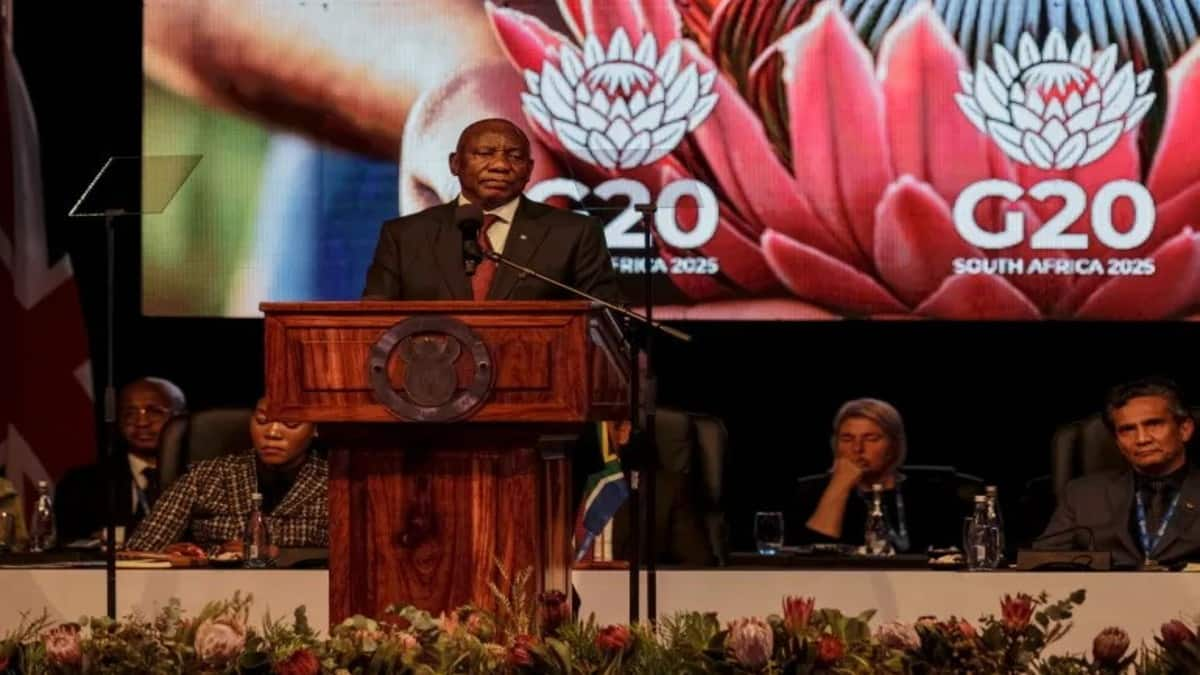
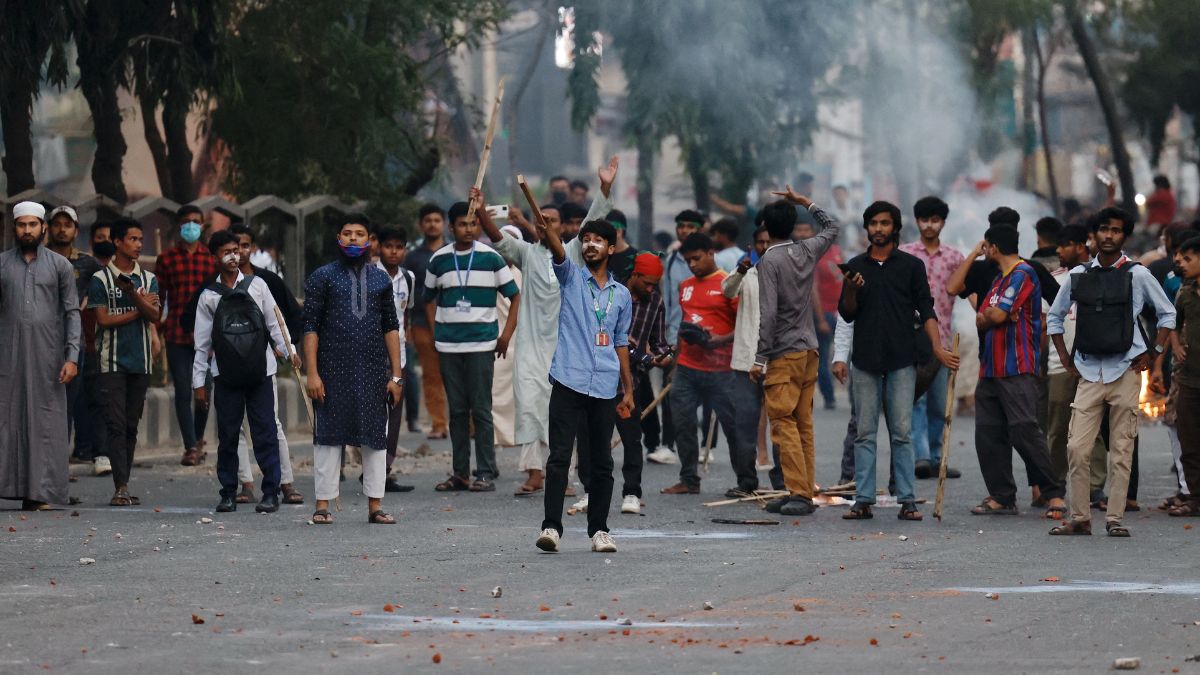)
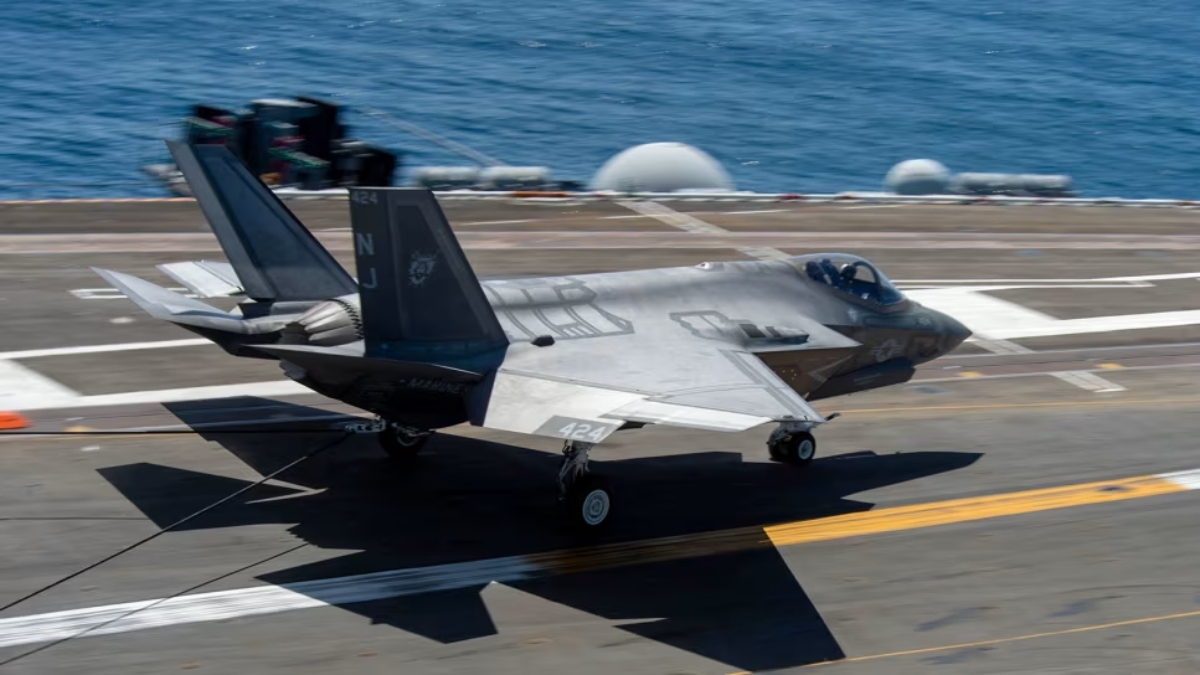)
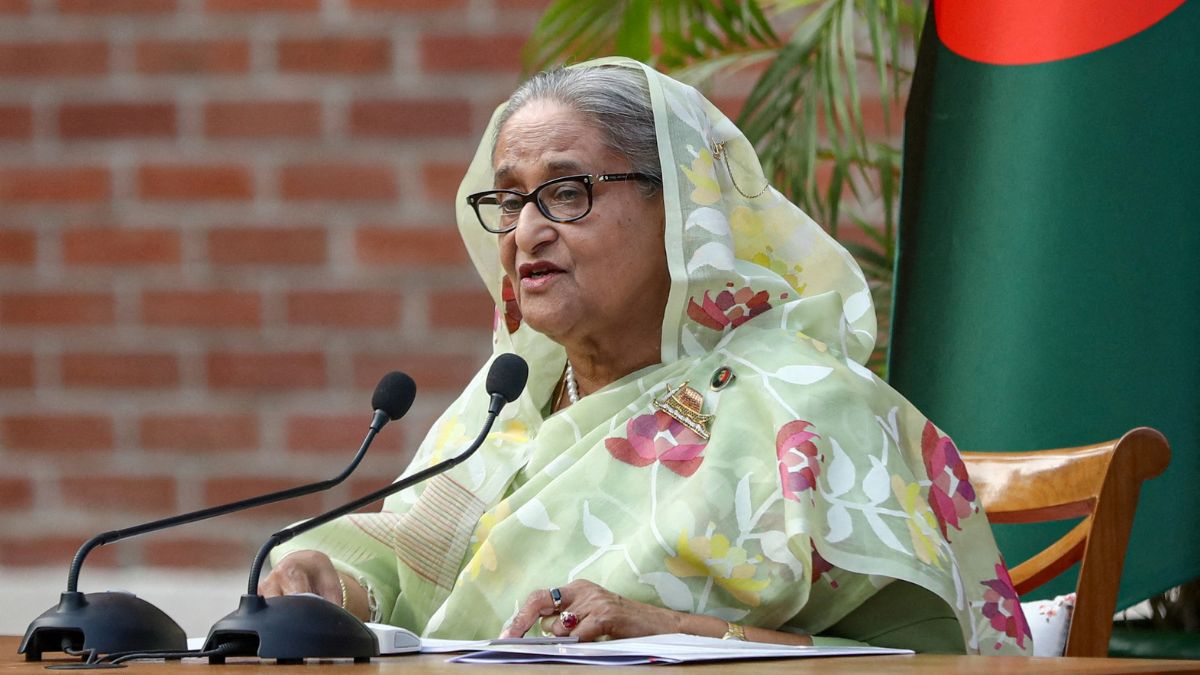)
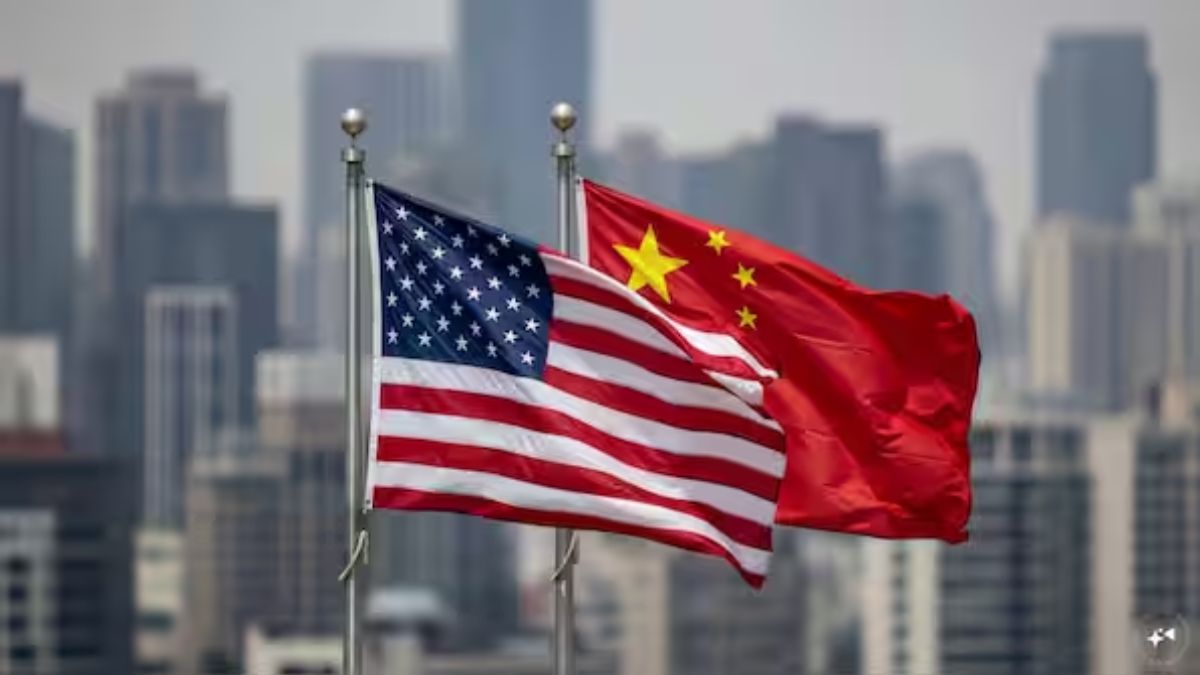)
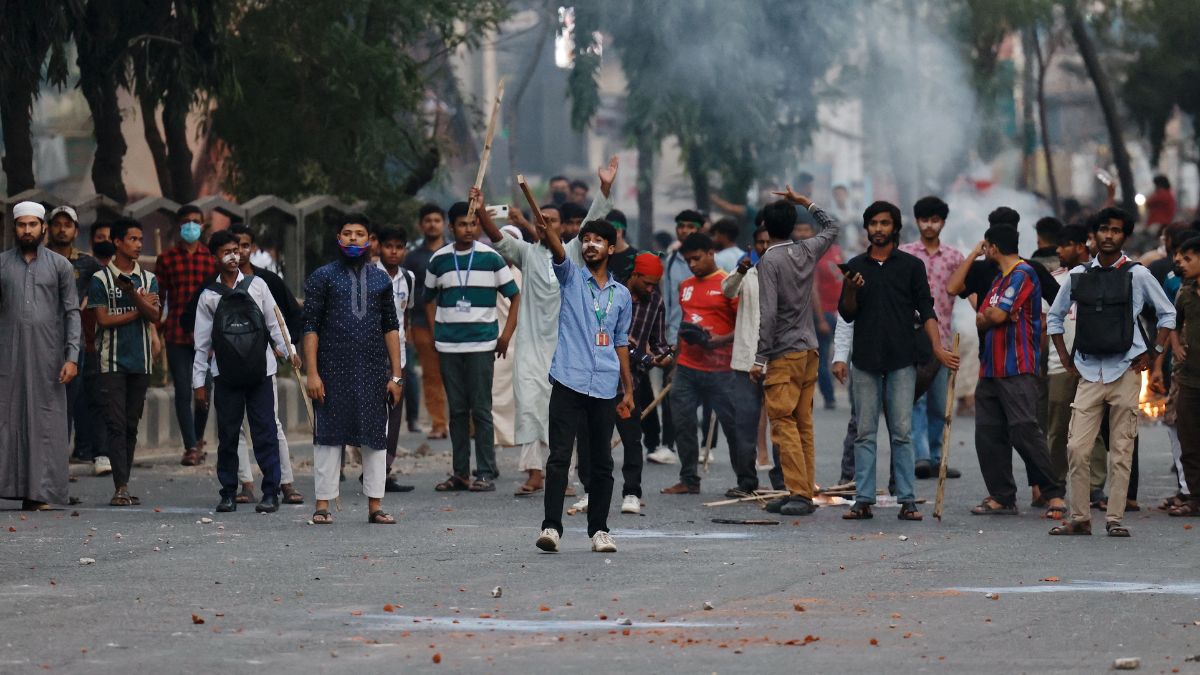)
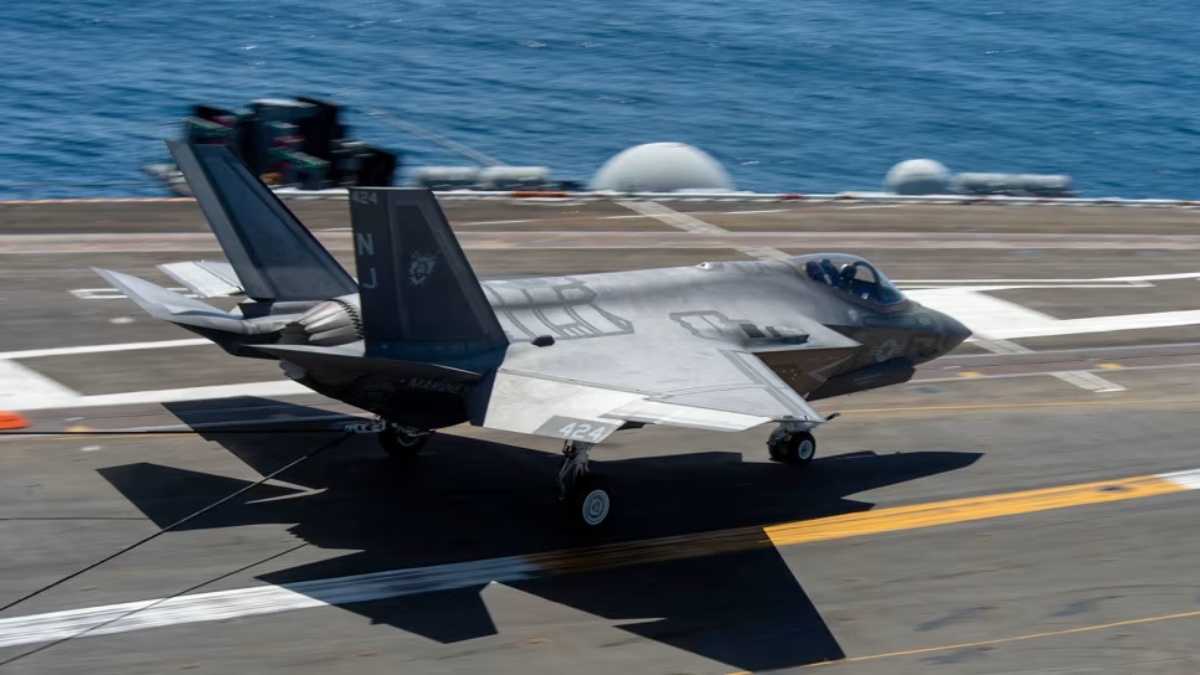)
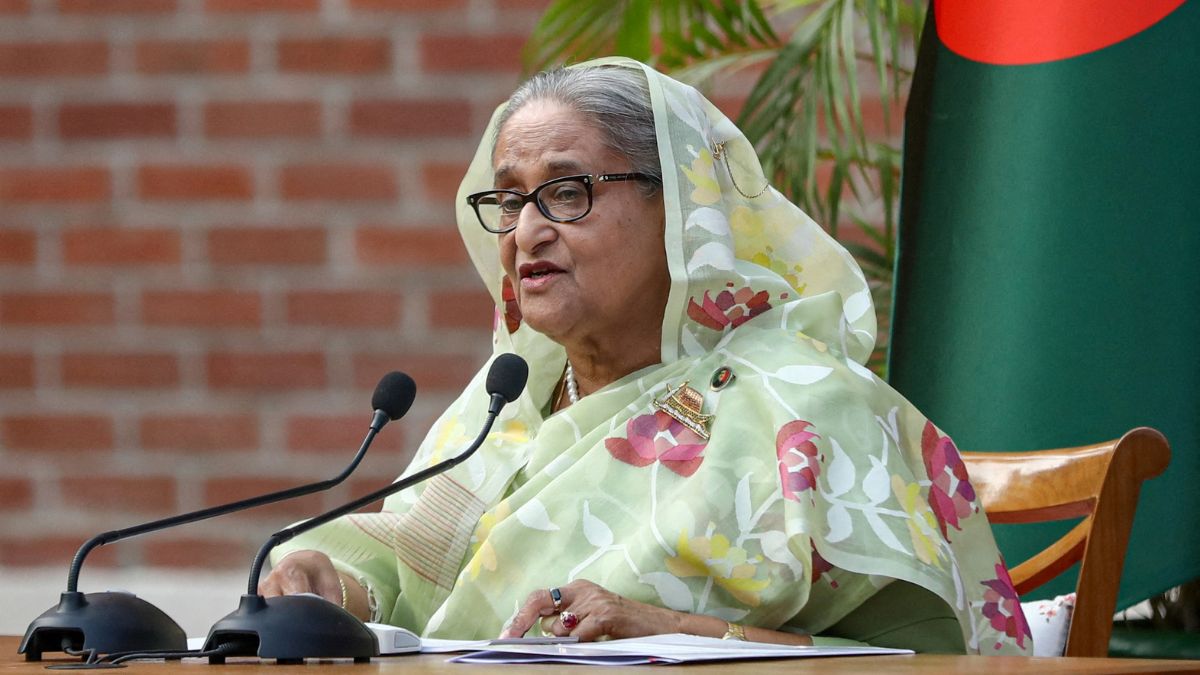)
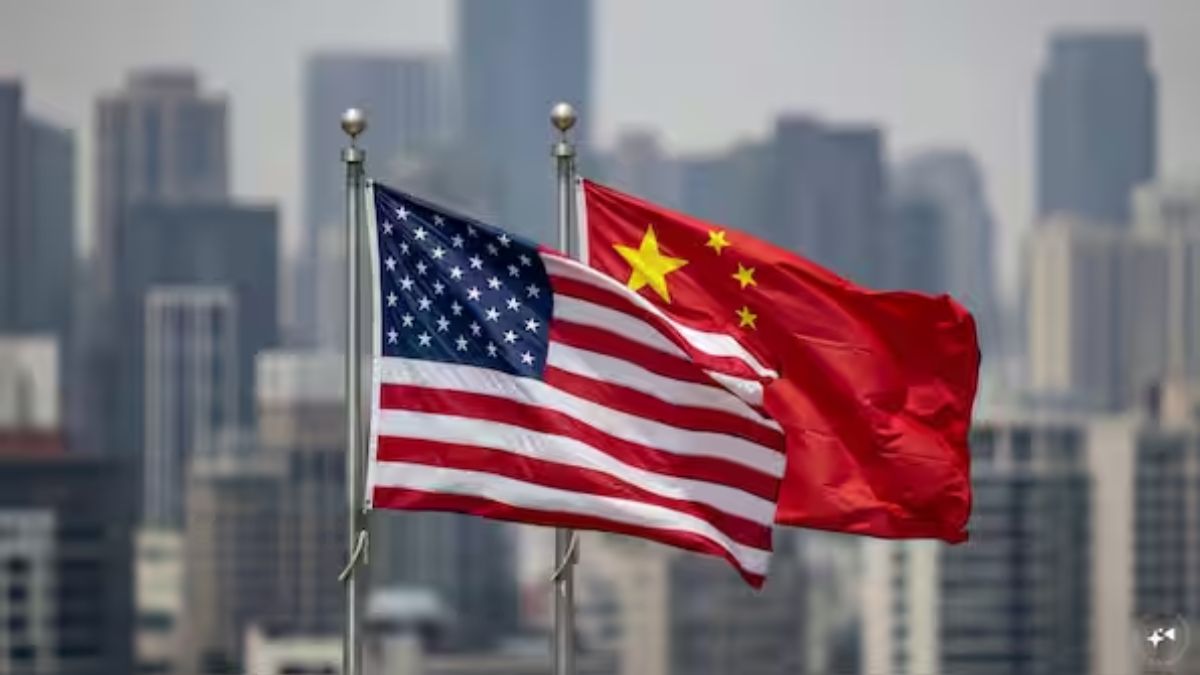)



